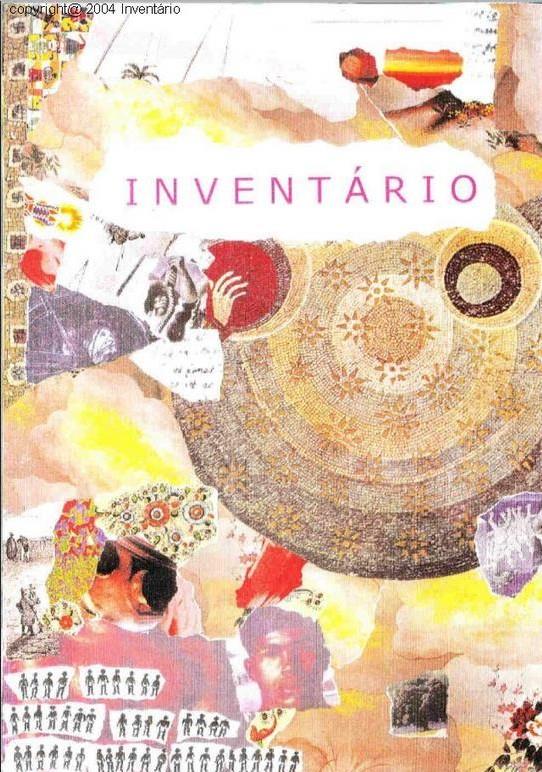O CORPO COMO TEXTO
A OBJETIFICAÇÃO COLONIZADORA NOS CONTOS NEGRINHA DE MONSTEIRO LOBATO E PAI CONTRA MÃE DE MACHADO DE ASSIS
DOI:
https://doi.org/10.9771/inventr.v0i32.56167Abstract
In this article, I propose unifying my two aspirations, anthropology and literature, looking for a careful investigation that emerges from the complex intersection of knowledges that constitute Brazilian historiography. Body as a form of eligibility of text and text as a form of eligibility of body. To bring to the body the discussions about ethnical problems of the country is to materialize the impressions of colonization, even though these impressions are represented in the psychoexistential gaps that wonder between truth and fiction. The exercise of otherness that literature promotes is the reshaping of subjective structures that the colonial thought imposes and provokes before, during and after the slavery period. It is not only from the historical period that slavery arises, but from the thought that perpetuates in historicity its impressions of violence. Here, I analyze the tails Negrinha, from Monteiro Lobato, and Pai contra mãe from Machado de Assis, in order to face the importance and impact of fictional narrative in the speculation and (re)constitution of the country’s history.







